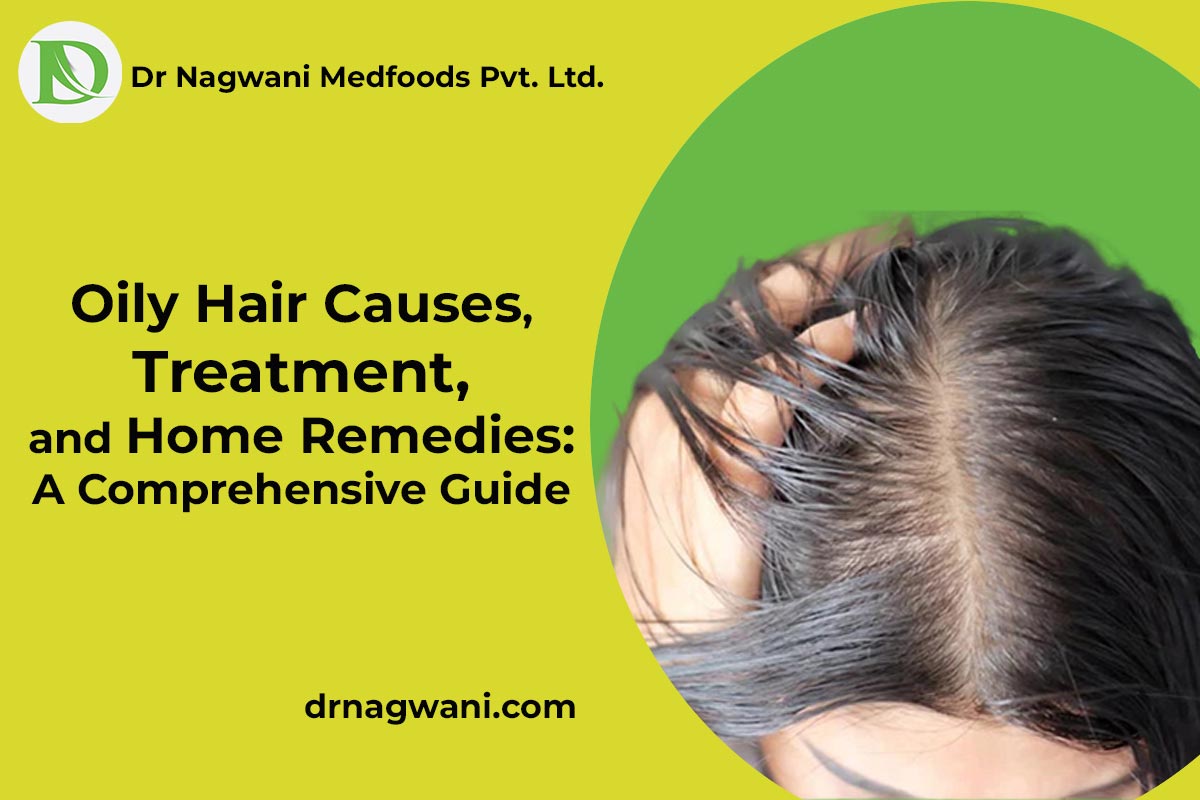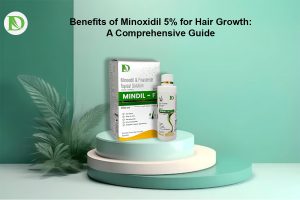Table of Contents
Introduction
Oily hair is a common issue characterized by excessive sebum production from the scalp glands. This article aims to explore the causes of oily curls, effective treatment options, and home remedies to manage this condition.
Understanding Oily Hair
Oily hair occurs when the sebaceous glands in the scalp produce an excess amount of sebum. Sebum is a natural oil that moisturizes the hair and scalp. However, when produced in excess, it can lead to greasy and unwashed-looking hair.
Identifying the Causes
Several factors contribute to oily hair, including genetic predisposition, hormonal changes, and environmental factors. Genetics play a significant role, as some individuals have naturally overactive sebaceous glands. Hormonal changes, such as puberty or menstruation, can also trigger increased oil production. Additionally, factors like humidity and pollution can exacerbate oily curls.
Effects of Oily Hair
Oily hair not only affects the appearance but also the health of the scalp. Excess oil can clog hair follicles, leading to issues such as dandruff, itching, and scalp acne. Styling oily curls can also be challenging, as it tends to clump together and lacks volume.
Diagnosis and Treatment Options
For persistent oily curls issues, consulting a hair specialist or a dermatologist is advisable. They can diagnose the underlying cause and recommend suitable treatments. Professional hair care products formulated for oily curls, such as clarifying shampoos and lightweight conditioners, can help regulate oil production. In some cases, medications or topical treatments may be prescribed to balance sebum production.
Home Remedies for Oily Hair
Several home remedies can help manage oily hair effectively. Clarifying shampoos, containing ingredients like salicylic acid or zinc pyrithione, can remove excess oil and buildup from the scalp. Natural remedies such as apple cider vinegar or tea tree oil can regulate oil production and soothe the scalp. Additionally, making dietary adjustments, such as reducing intake of greasy or fried foods, can contribute to healthier hair.
Preventive Measures
Preventing oily curls requires adopting a proper hair care routine. Washing hair regularly with a gentle shampoo and avoiding heavy styling products can help prevent buildup. It’s also essential to avoid excessive heat styling, as high temperatures can stimulate sebum production. Managing stress levels through relaxation techniques like yoga or meditation can also contribute to a healthier scalp environment.
Myths and Misconceptions
There are several myths surrounding oily curls, such as the belief that washing hair frequently exacerbates the issue. However, overwashing can strip the scalp of its natural oils, leading to increased oil production as a compensatory mechanism. Similarly, using harsh shampoos or skipping conditioner altogether can disrupt the scalp’s oil balance, making the problem worse.
Conclusion
Oily hair can be a source of frustration, but with the right approach, it can be managed effectively. Understanding the causes, seeking appropriate diagnosis and treatment, and adopting preventive measures and home remedies can help maintain a healthy scalp and hair.
Frequently Asked Questions (FAQs)
- Can oily hair be genetic?
- Yes, genetic factors can contribute to oily curls, as some individuals naturally produce more sebum than others.
- Are there any dietary changes that can help with oily hair?
- Yes, reducing intake of greasy or fried foods and increasing consumption of fruits, vegetables, and lean proteins can promote healthier hair.
- Is it true that washing hair less often can reduce oiliness?
- While it may seem counterintuitive, overwashing hair can strip the scalp of its natural oils, leading to increased oil production. It’s best to find a balance and wash hair regularly with a gentle shampoo.
- Can stress contribute to oily hair?
- Yes, stress can trigger hormonal fluctuations that may increase sebum production, leading to oilier hair. Managing stress through relaxation techniques can help maintain scalp health.
- Are there any specific hairstyles that can help manage oily hair?
- Hairstyles that keep hair away from the scalp, such as ponytails or braids, can help distribute oils more evenly and reduce the appearance of greasiness.



